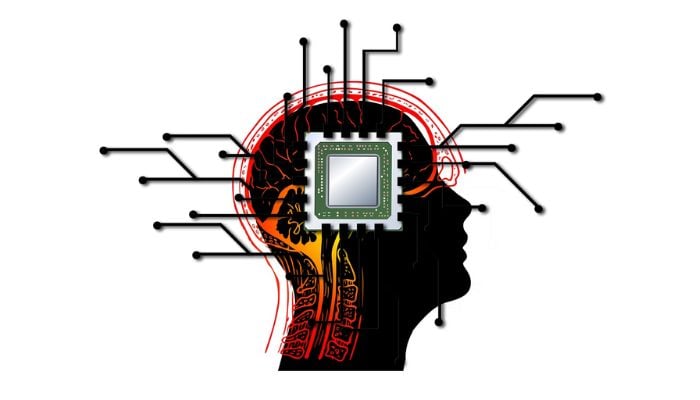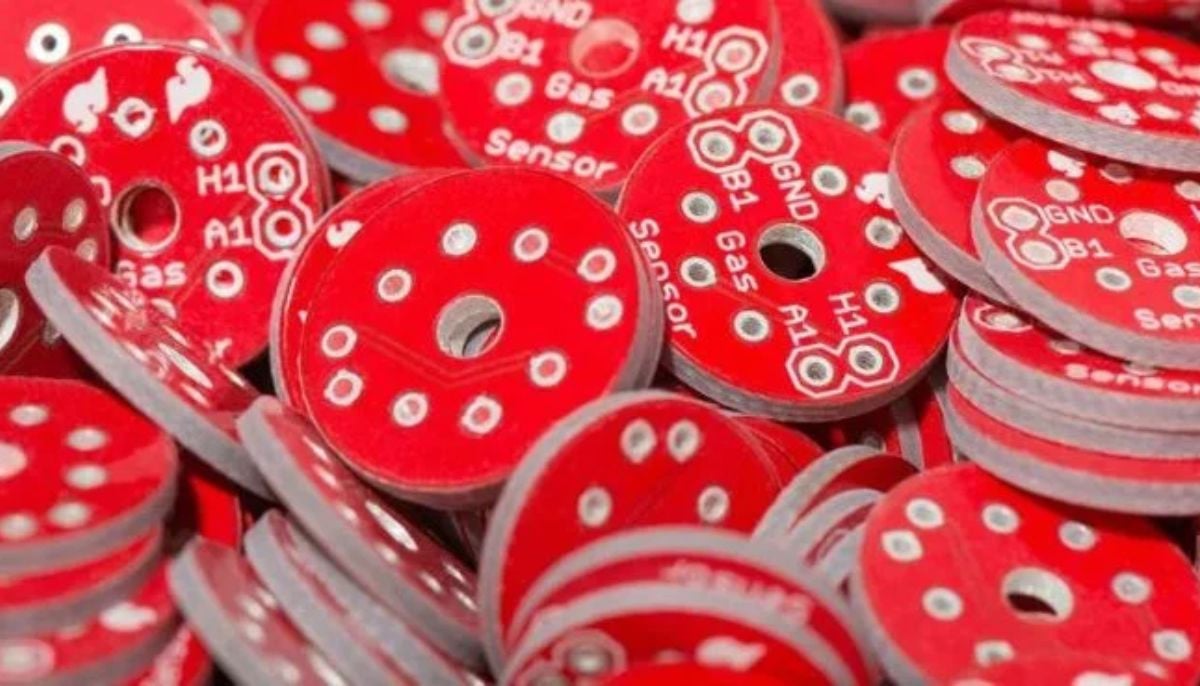Brain chips could cure blindness, paralysis and depression
Chip can also help people control robotic arms and wheelchairs, play video games, and even feel sensations
Blackrock Neurotech, a company based in Salt Lake City, has implanted brain chips in over three dozen patients, with the goal of curing paralysis, blindness, deafness, and depression, MailOnline reported.
The chip, known as NeuroPort Array, can help people control robotic arms and wheelchairs, play video games, and even feel sensations. It uses approximately 100 microneedles to read electrical signals produced by a person's thoughts, which are then decoded into digital commands such as cursor movements that can be used to control prosthetics and computer equipment.
Blackrock Neurotech uses a microchip with 96 arrays placed anywhere on the brain's surface.
The chip detects electrical signals generated by the wearer’s thoughts and decodes these signals using machine learning software. Blackrock is now seeking FDA approval for a new medical device called MoveAgain, which is designed specifically for home use by people with paralysis. The company hopes that BCIs will become as ubiquitous for paralyzed patients as pacemakers are for people with heart issues.
Blackrock is already developing brain-computer interfaces to restore hearing and vision. As the technology continues to advance, Blackrock hopes to see BCIs with indications for memory and mental health conditions such as anxiety and depression.
Nathan Copeland, who has had a BCI for eight years, uses his BCI to create art with a robotic arm as well as play video games. He can even feed himself, recently showing off his ability to eat a Taco Bell Cheesy Gordito Crunch using a robot arm controlled by his brain. Mr Copeland’s art is now on display at The BCI Exhibit at AAAS in Washington DC.
Blackrock's device has been implanted in patients for a combined 80 years without any reports of serious adverse effects. However, the arrays on the implant slowly break down over time, causing its signal quality to degrade after around two years. The device will usually need to be removed after around five years, requiring another surgery to take it out and replace it.
Marcus Gerhardt, Blackrock's CEO, hopes his company's devices will help cure mental health illnesses and revitalize people's memory.
The technology could also be used in the near future to deal with everything from restoring lost memories to PTSD to depression. Gerhardt believes that BCIs could help disrupt or reprogram firing patterns that lead to depression or PTSD. The data could also lead to new understanding of conditions such as depression and how they are diagnosed.
-
NASA eyes March moon mission launch following test run setbacks
-
February offers 8 must-see sky events including rare eclipse and planet parade
-
New study reveals biodegradable chip aims to reduce e-waste and air pollution
-
Scientists unveil new robotic mission for the moon
-
NASA reschedules Artemis II rehearsal due to Florida arctic outbreak
-
M87 black hole’s jet origin finally mapped by astronomers
-
Jordan discovery rewrites history of world’s first plague pandemic
-
Asteroid 2024 YR4: Will a Moon collision send fireballs to Earth?












